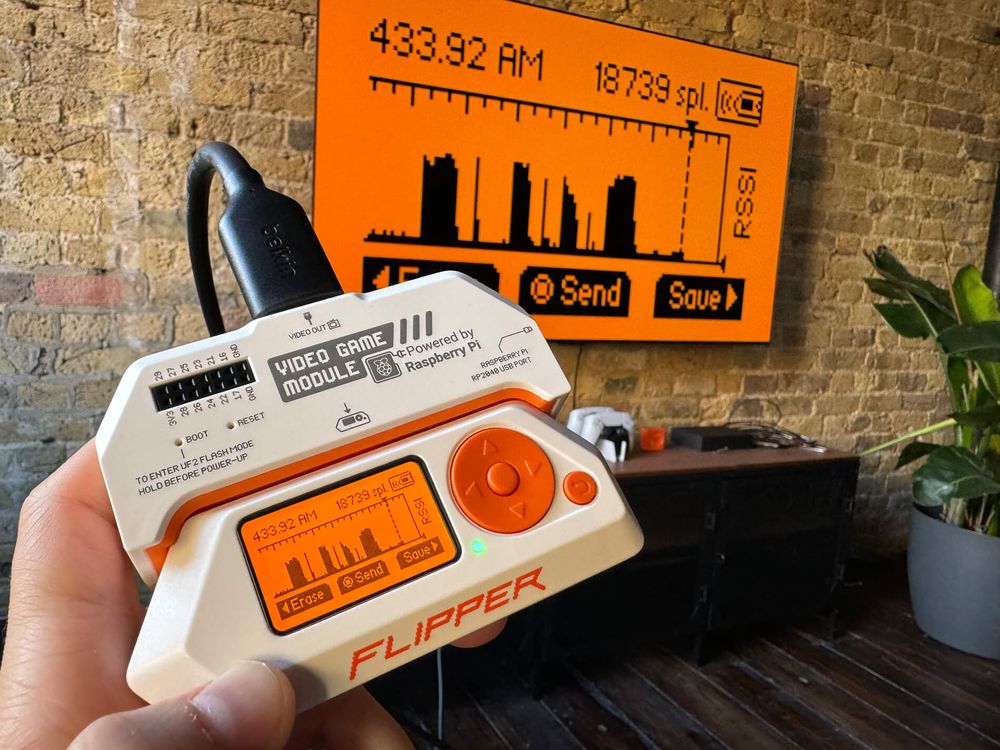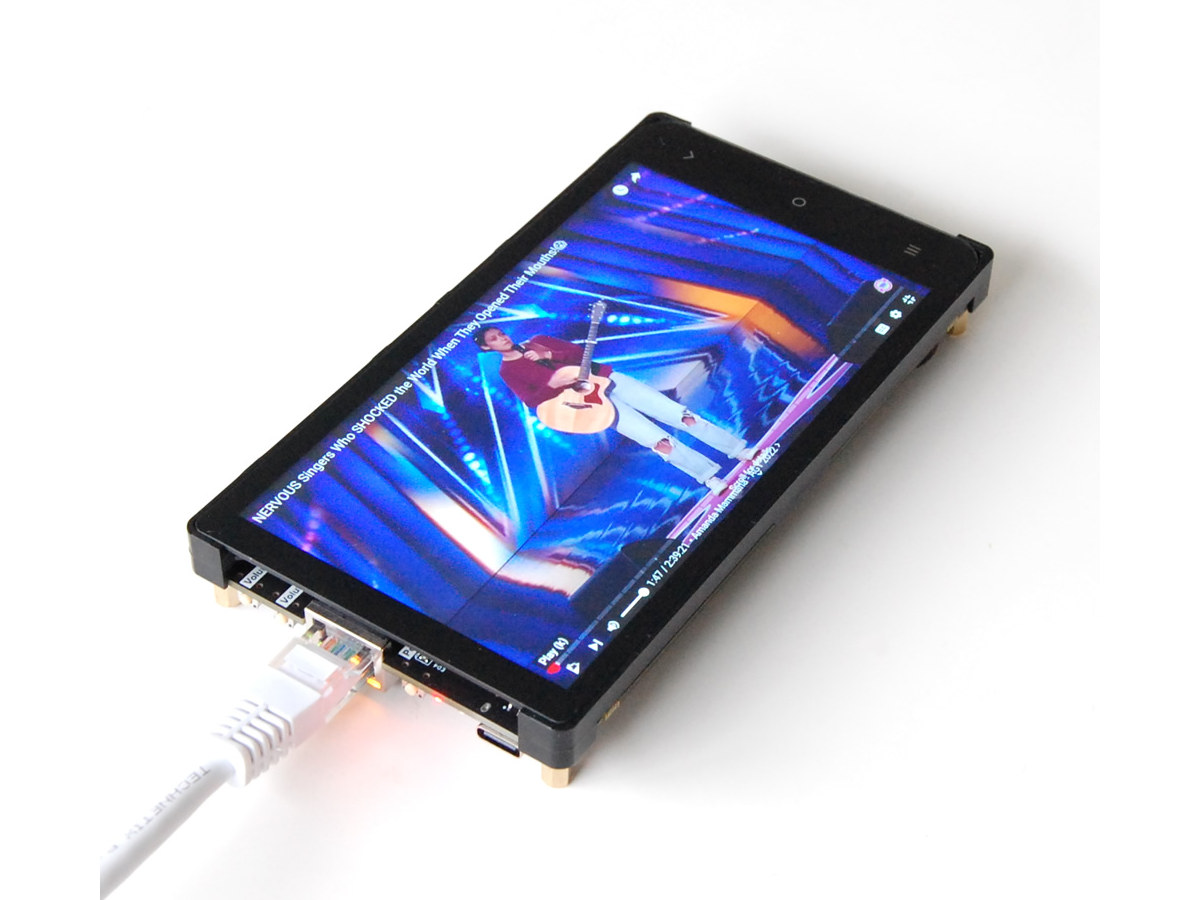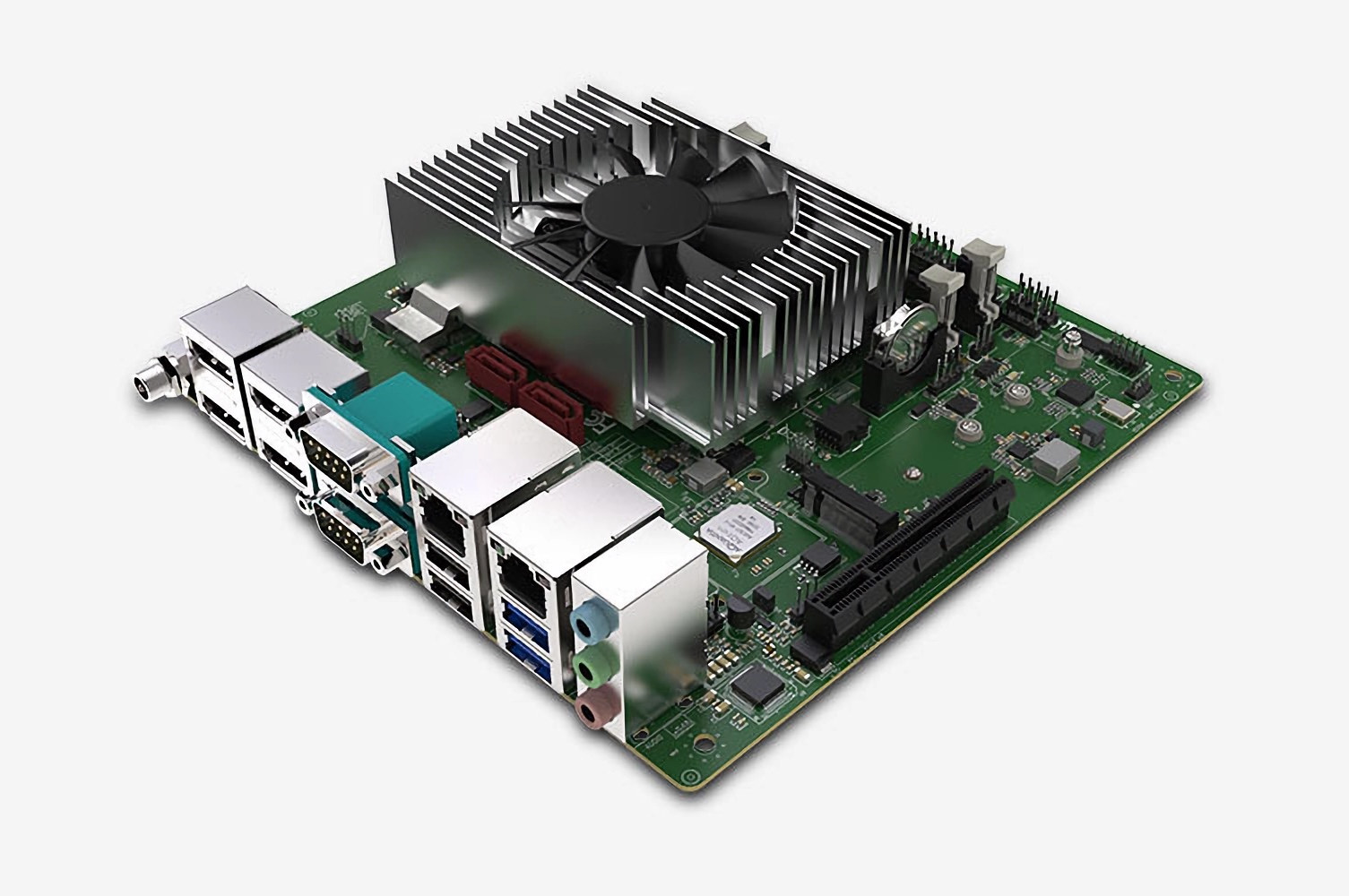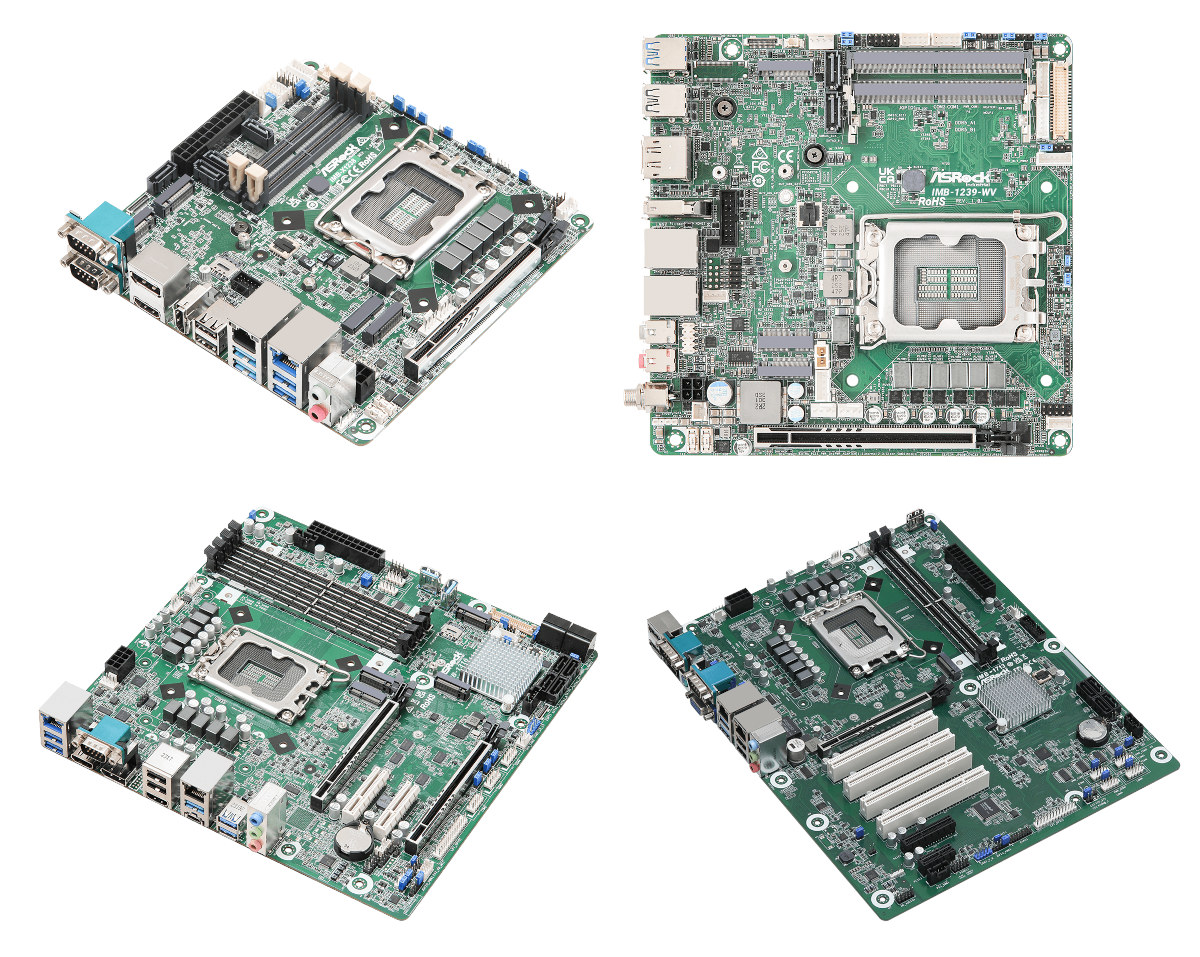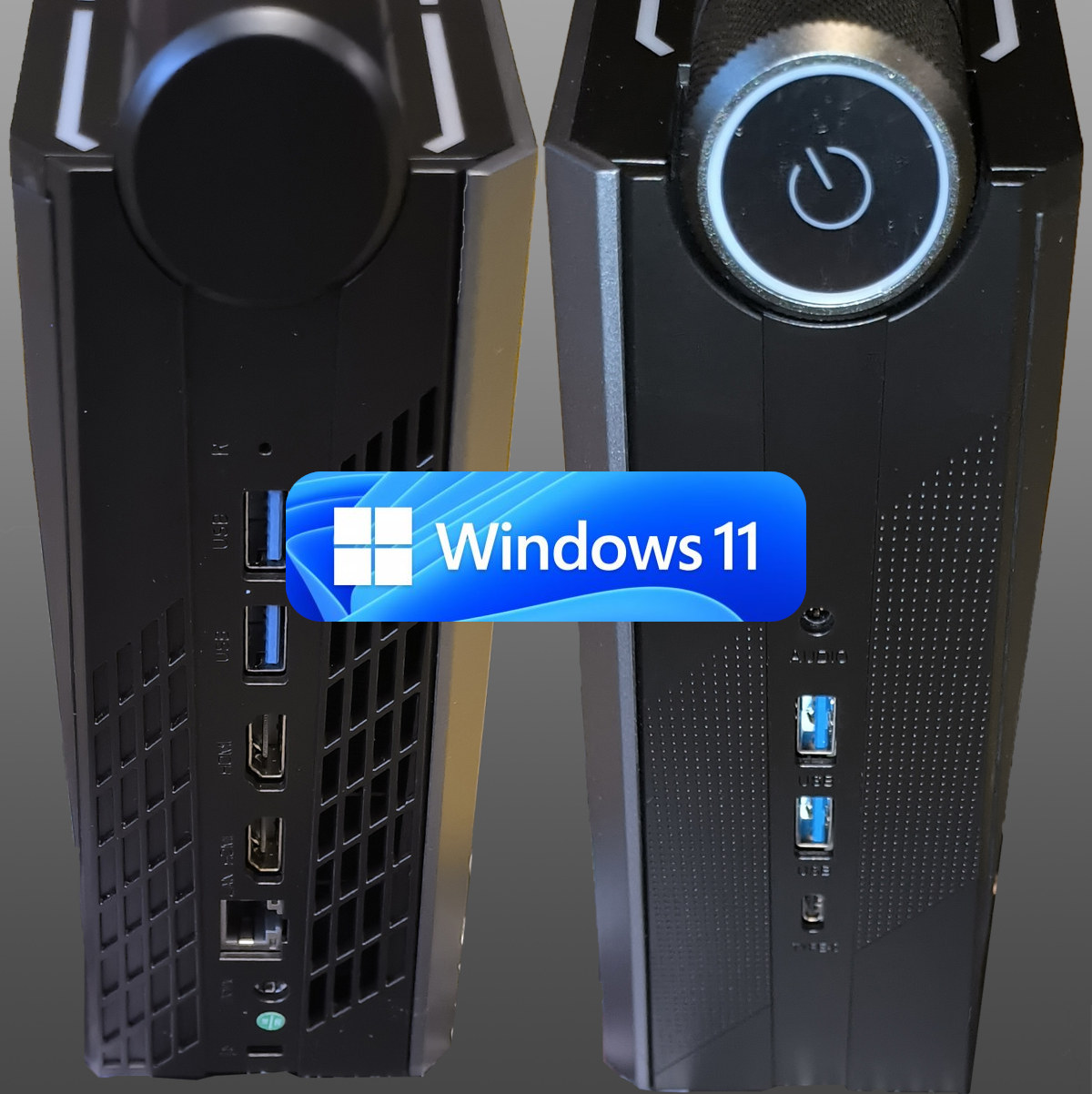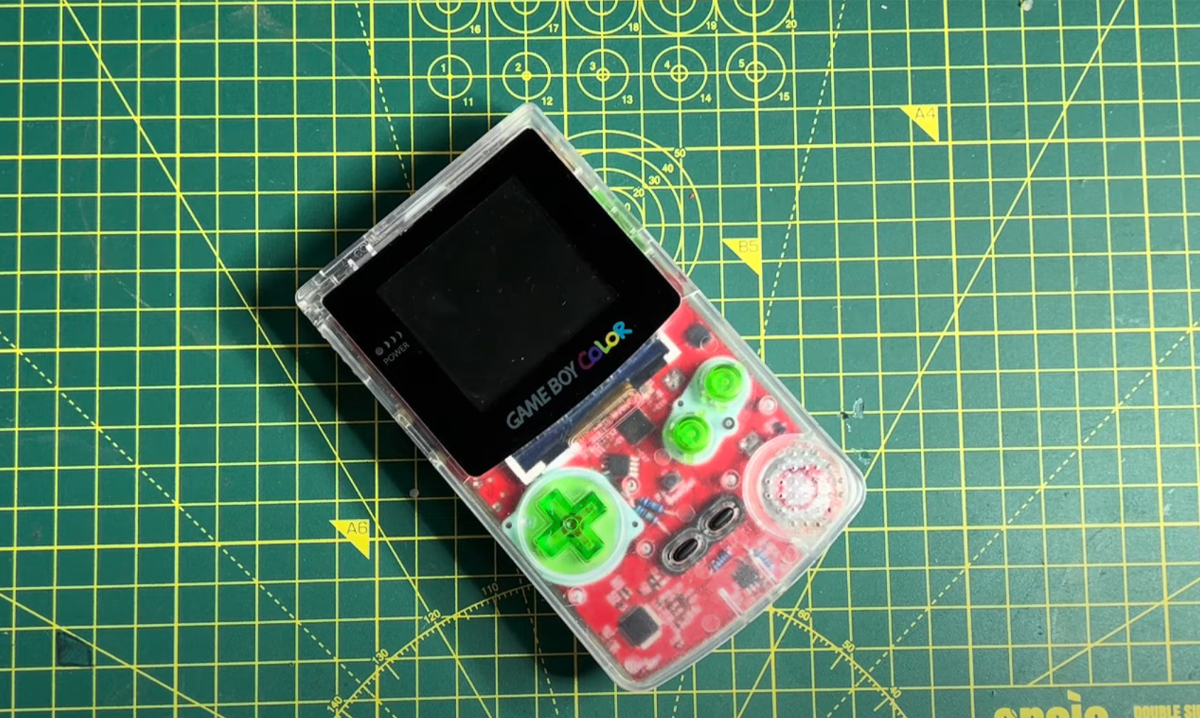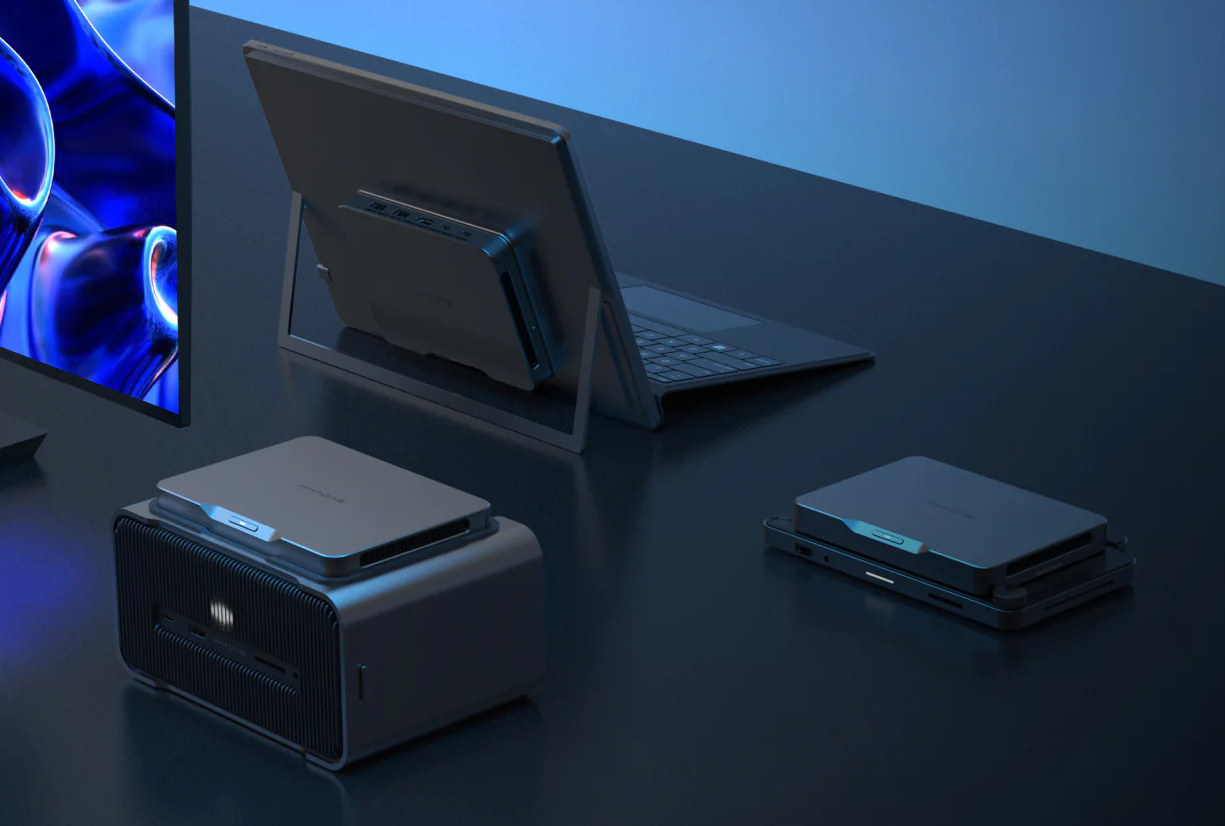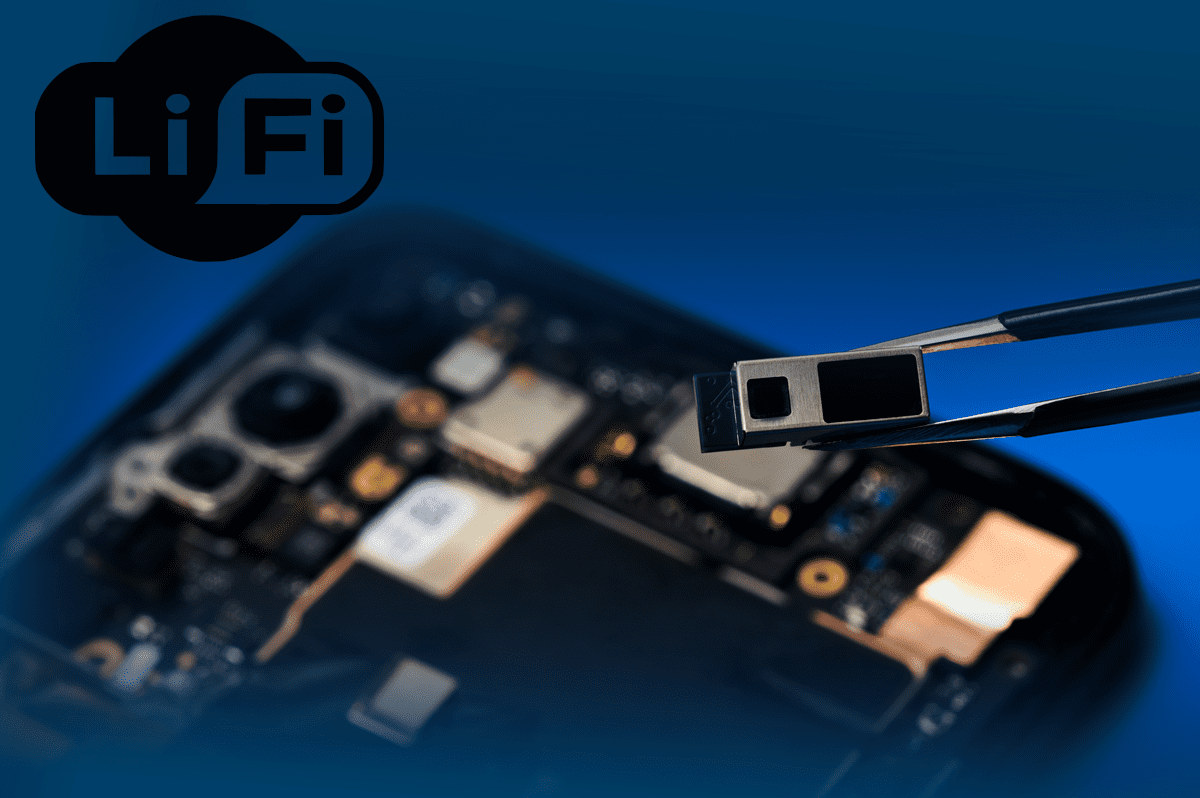Flipper Zero hardware & wireless hacking tool can now be used as a proper game console thanks to a Raspberry Pi RP2040-powered video game module that mirrors the display of the device on a larger monitor or TV via DVI/HDMI video output, and also adds a 6-axis motion tracking sensor. The Flipper Zero has been in the news in recent days, notably with Canada’s government banning the device due to car theft (although it only seems feasible on older cars), and today the company has announced the launch of a video game module developed in collaboration with Raspberry Pi Ltd. Video game module specifications: MCU – Raspberry Pi RP2040 dual-core Arm Cortex-M0+ microcontroller clocked up to 133 MHz with 264 kB SRAM Video Output – DVI-D at 640х480 with 60 Hz refresh rate. It also supports HDMI. USB – USB Type-C port connected to the microcontroller. Acts as a USB device […]
Vivid Unit is a low-profile Rockchip RK3399 SBC with an integrated touchscreen display
UUGear’s Vivid Unit is a low-profile SBC with an integrated 5.5-inch 1280×720 touchscreen display powered by the older Rockchip RK3399 hexa-core Cortex-A72/A53 SoC coupled with 4GB RAM and a 32GB eMMC flash. The board also comes with gigabit Ethernet and WiFi 4 connectivity, supports M.2 NVMe storage, offers HDMI output and a MIPI CSI camera input, integrates a speaker and a stereo microphone, and allows for expansion through a 40-pin GPIO header and other headers for ADC and USB. Vivid Unit specifications: SoC – Rockchip RK3399 CPU – Hexa-core big.LITTLE processor with 2x Arm Cortex-A72 cores up to 1.8GHz, 4x Arm Cortex-A53 cores up to 1.4GHz GPU – Arm Mali-T860MP4 GPU AI accelerator – 6 TOPS NPU System Memory – 4GB LPDDR4 Storage 32GB eMMC flash M.2 socket for NVMe SSD Display – 5.5-inch touchscreen display with 1280×720 resolution Video Output – HDMI port Camera Input – MIPI CSI camera […]
SAPPHIRE EDGE IPC-FP6 mini-ITX motherboard supports 10GbE networking
SAPPHIRE EDGE IPC-FP6 is a mini-ITX motherboard powered by an AMD Ryzen Embedded V2000 SoC with support for 10GbE networking and designed for gaming machines, medical imaging equipment, digital signage, thin clients, or POS terminals. The motherboard also comes with four 4K-capable DisplayPort video outputs, M.2 sockets for storage and wireless, two SATA ports for mass storage, up to eight USB interfaces, a PCIe x8 slot for expansion, and a combo audio jack. SAPPHIRE EDGE IPC-FP6 specifications: SoC – AMD Ryzen Embedded V2000 AMD Ryzen Embedded V2516 hexa-core/12-thread processor @ 2.1 GHz / 3.95 GHz (Turbo) with 3MB L2 cache, 6 CUs Radeon RX Vega 6 GPU @ 1.5 GHz; TDP: 10-25W TDP (15W default) AMD Ryzen Embedded V2546 hexa-core/12-thread processor @ 3.0 GHz / 3.95 GHz (turbo) with 3 MB L2 cache, 6 CUs Radeon RX Vega 6 GPU @ 1.5 GHz; TDP: 35-54W TDP (45W default) AMD Ryzen […]
ASRock Industrial upgrades mini-ITX, micro-ATX, and ATX motherboards for Intel Core 14th Gen Raptor Lake-S Refresh processors
ASRock Industrial has just announced 25 (twenty-five!) industrial motherboards powered by 14th gen Intel Core Raptor Lake-S Refresh hybrid processors with up to 24 cores and 32 threads introduced last October, and supporting up to 96GB DDR5 4800/5600 memory. The thin and high-rise mini-ITX, micro-ATX, and ATX industrial motherboards support up to four 4K displays, PCIe Gen5 interfaces, up to three 2.5GbE ports (and 10GbE LAN for the IMB-X1316-10G model), and USB 3.2 Gen2x2 (20 Gbps) ports for factory automation, robotics, machine vision, smart retail, kiosks, digital signage, gaming, security, and more. I would usually list the specifications of the motherboards, but since we have 25 different models, I’ll skip that and provide a summary. One reason ASRock Industrial has so many models is that those are existing motherboards with socketed processors and the company offered 12th and 13th gen CPUs so far, and the company simply updated the BIOS […]
Chatreey AM08 Pro (Ryzen 9 7940HS) mini PC review – Part 2: Windows 11 Pro
I checked out the hardware of the Chatreey AM08 Pro mini PC using an AMD Ryzen 9 7940HS CPU with an unboxing, a teardown, and the first boot in the first part of the review. Now it’s time for the 2nd part which will focus on Windows 11 Pro testing on the AM08 Pro. As previously said, I have received a version with a PCIe 3.0 NVMe SSD, which I have replaced with a 1TB Samsung 990 Pro NVMe SSD, so a Windows 11 reinstall was needed (I could also use Linux and dd one drive to another, but I had a Windows 11 ISO). Since the installation lacks a WiFi driver, I had to use the command oobe\BypassNRO to complete the installation. You can skip that step if you connect an Ethernet cable. The license was activated after connection to the Internet, so reinstallation is not a problem. Table […]
ReBoi Raspberry Pi Game Boy project blends classic gaming with modern tech (Crowdfunding)
James Sargent’s ReBoi Raspberry Pi Game Boy is a Raspberry Pi Zero-powered handheld console kit that easily snaps and screws together without soldering. Its design allows the PCB to fit snugly into both original and replica Nintendo Game Boy Color cases. We’ve seen several handheld consoles with powerful processors and great portability, including the Raspberry Pi CM4 console similar to a Nintendo Switch Lite, GPD WIN Max, LyRa RPi CM3L, and many other gaming consoles. Key Highlights of the ReBoi Raspberry Pi Game Boy Kickstarter Project: Core Concept: A Raspberry Pi-powered handheld that revives the classic Game Boy console. Continues the tradition of distributing DIY electronics as kits. Enabling anyone to build their own Game Boy. Accessibility and Ease of Assembly: No soldering is required; the kit snaps and screws together. Comprehensive website with documentation and tutorials for easy assembly. Raspberry Pi Zero and RP2040 Integration: Integrates Raspberry Pi Zero […]
Khadas Mind Raptor Lake portable mini PC supports desktop dock, laptop dock, and external GPU dock
Khadas Mind “portable workstation” is an ultrathin mini PC powered by an Intel Core i7-1360P 12-core Raptor Lake processor, with 32GB RAM, 1TB NVMe SSD, and a “Mind Link” connector with a PCIe 5.0 interface designed for docking to a desktop dock, a laptop shell, an external GPU for gaming, and so on. The mini PC itself has a limited number of ports with two USB-C ports, an HDMI 2.0 video output, and two USB 3.0 ports, but that’s sufficient when traveling, and the Mind Dock can add extra ports at home for multiple display setups and 2.5GbE networking, while the Mind xPlay battery-powered portable display can convert it into a 2-in-1 laptop, and the Mind Graphics eGPU into a high-end gaming station. Khadas Mind specifications: SoC – Intel Core i7-1360P 12-core/16-core Raptor Lake processor with 4 performance cores @ up to 5.0 GHz, 8 efficiency cores @ up to […]
LiFi 802.11bb standard uses light for in-room data transmission up to 224GB/s
The 802.11bb WiFi-like standard, also called LiFi, was ratified in June 2023. It enables data transmission up to 224GB/s at a few meters range within a room using light instead of RF signals used in most other wireless standards. The technology has been worked on for many years, and we first covered (a version of) LiFi in 2014 that was still part of the IEEE 802.15 standard with speeds up to 1 Gbps. But the Light Communications 802.11bb Task Group was only formed in 2018 chaired by pureLiFi and supported by Fraunhofer HHI, and led to be ratification of the IEEE 802.11bb standard last month. In a typical LiFi setup, you’d have a LiFi-capable router connected to your local network and the Internet, a LiFi-enabled light bulb on a ceiling, and one or more LiFi receivers. From the end-user perspective, it would work like accessing a WiFi access point. We’re […]


